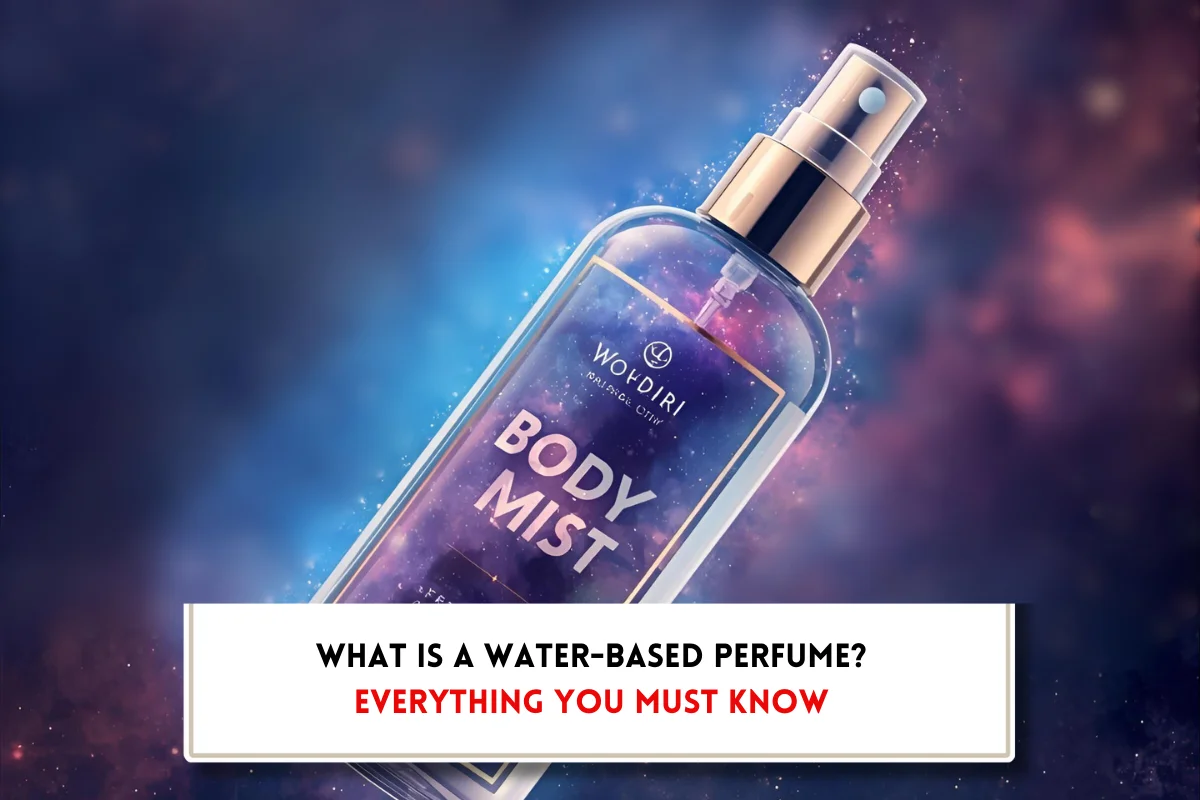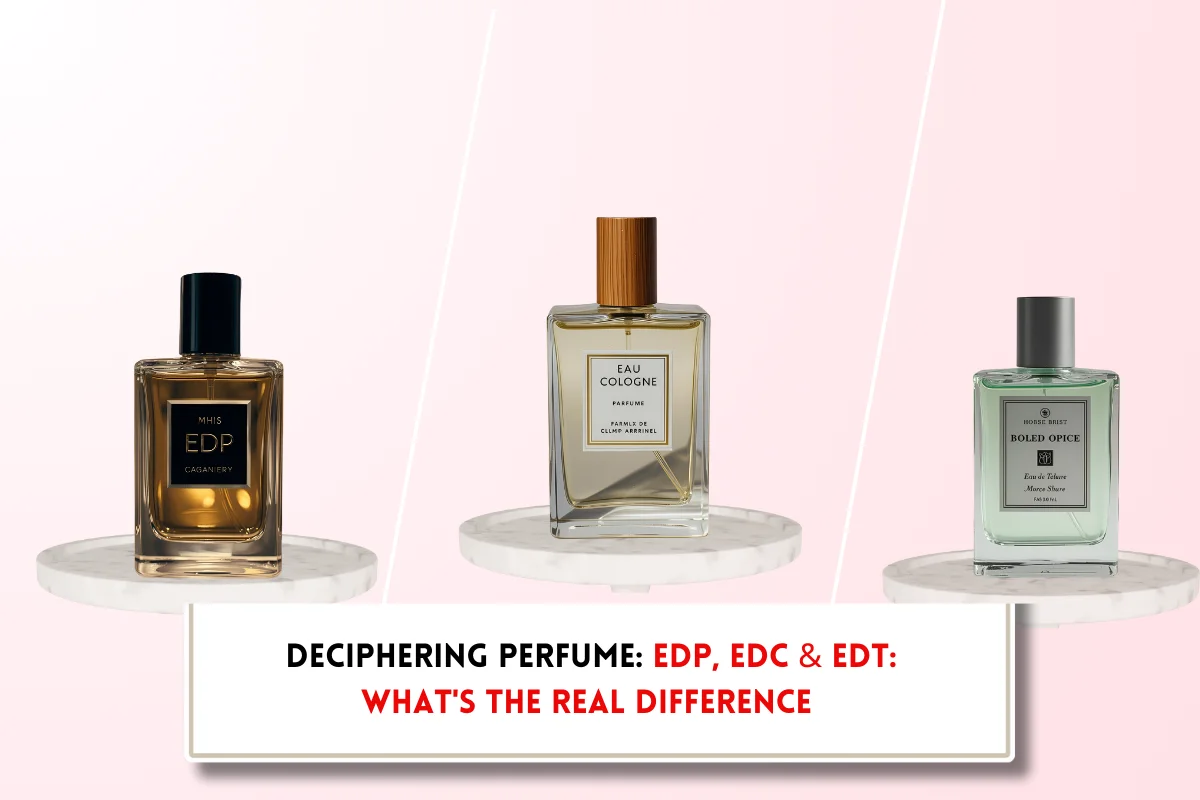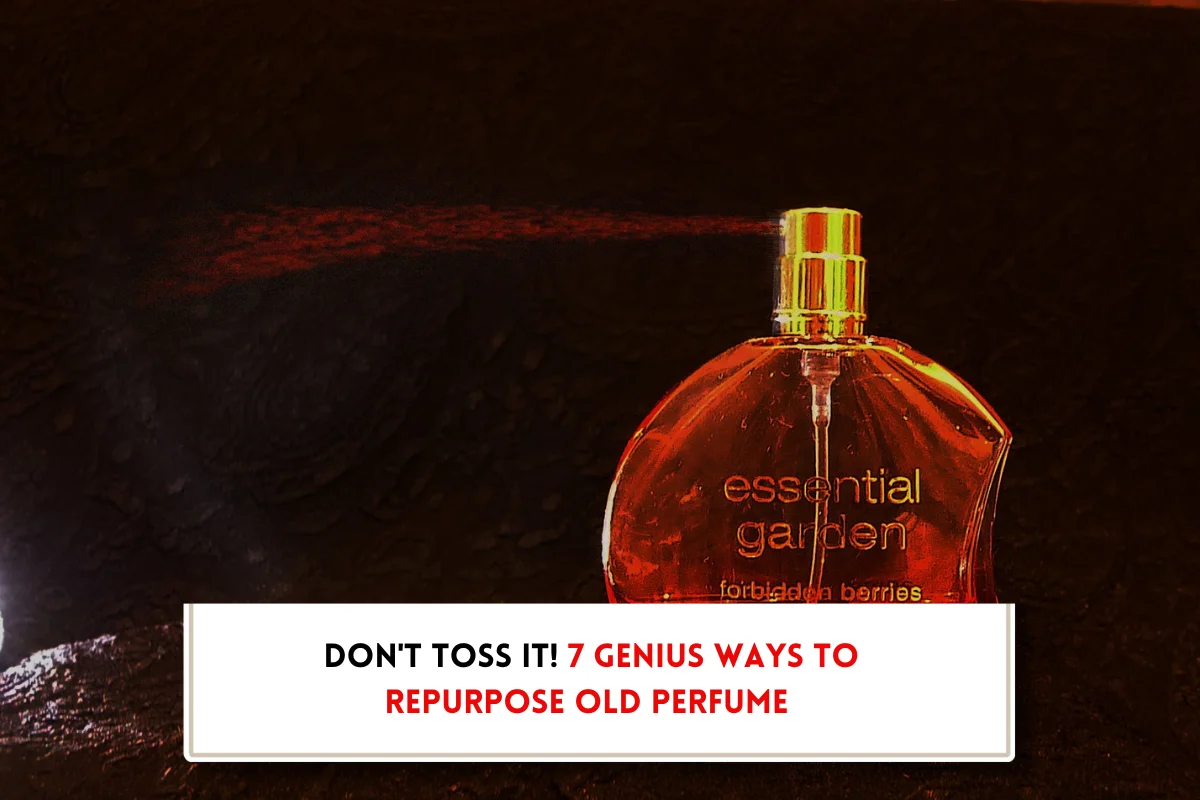Why does mascara hurt my eyes?
At BeautyCaters, our expert team independently curates every recommended product. Purchases through our links may earn us a commission. Explore our transparent selection process.
Instead of those dreamy luscious lashes, are your eyes wincing after every mascara swipe, turning red, and itchy? If your favorite lash booster has become your biggest beauty foe, leaving you wondered: “Why does mascara hurt my eyes?” Eye irritation from mascara is a surprisingly common culprit. We will get to the bottom of this annoying issue to give you the real deal on getting those gorgeous lashes without the watery, stingy drama. Let’s figure out what’s making your eyes so ticked off!

Why does mascara hurt my eyes?
Mascara, while designed to beautify, can unfortunately become a source of discomfort for several reasons. Understanding these triggers is the first step towards finding a solution.
- The allergy factor: Just like with any cosmetic product, your eyes can have an allergic reaction to specific ingredients in mascara. This is known as allergic contact dermatitis. Common culprits include:
- Parabens: These preservatives (like methylparaben, propylparaben) are used to prevent bacterial growth but can be irritating for some.
- Fragrances: Whether synthetic or natural, fragrances are a well-known source of skin and eye allergies.
- Propylene glycol: This alcohol-based preservative helps maintain moisture but can be an irritant for sensitive eyes.
- Preservatives: While essential for product safety, preservatives like sodium benzoate alongside parabens can trigger reactions.
- Synthetic fragrances: These rank high among cosmetic allergens and can cause immediate or delayed reactions.
- Bacterial buildup: Our eyelashes naturally harbor bacteria, and the act of applying mascara introduces these microorganisms to the wand and the product itself.
- Cross-contamination: Sharing mascara is a surefire way to transfer bacteria between individuals, significantly increasing the risk of infection and irritation.
- Dirty wands: Over time, bacteria can accumulate on the wand and within the mascara tube, leading to irritation or even eye infections.
- Blocked meibomian glands: Healthy tear production relies on the Meibomian glands, tiny oil glands located along the edge of your eyelids. These glands secrete the oily (lipid) layer of the tear film, which prevents the watery layer from evaporating too quickly, keeping your eyes lubricated. Mascara applied too close to the lash line can potentially clog these delicate glands. This blockage disrupts the tear film’s oily layer, leading to increased tear evaporation and the uncomfortable sensation of dry eye.
- Other irritating factors: Beyond allergies and bacteria, other factors can contribute to mascara-related eye irritation:
- General irritation: Some individuals may simply be sensitive to certain ingredients in mascara, even without a full-blown allergic reaction.
- Corneal scratches: Loose mascara fibers can fall into the eye and scratch the cornea (the clear front surface of the eye), causing significant irritation and discomfort.
- Old mascara: Expired mascara (typically after 3-4 months) not only loses its effectiveness but also becomes a breeding ground for bacteria, increasing the risk of irritation and infection.
Also Read: Black vs. Brown mascara – which is better?
What are the signs and symptoms of a mascara allergy?
The symptoms of a mascara allergy can manifest in various ways, often affecting the delicate skin around your eyes and the eye itself. These reactions might appear shortly after application or develop gradually with continued use. Here’s a breakdown of the common telltale signs:
- Redness and swelling of the eyelids: One of the most noticeable signs of a mascara allergy is redness and swelling of the eyelids. Your eyelids might appear puffy, feel tender, and take on a flushed appearance. This inflammation often stems from allergic conjunctivitis, a condition where the conjunctiva – the clear membrane lining your eyelids and covering the white part of your eyeball – becomes inflamed due to an allergic reaction. Alongside redness and swelling, you might also experience watery eyes, burning or stinging sensation.
- Skin irritation around the eyes: A mascara allergy isn’t always limited to the eye itself; it can also affect the surrounding skin. You might notice skin irritation around the eyes, characterized by:
- Redness: A rash-like appearance on the eyelids or the skin beneath your eyes.
- Dryness and flaking: The skin may feel rough, tight, and start to peel.
- Itching: An persistent urge to scratch the affected area. This type of reaction is often linked to allergic eczema (also known as atopic dermatitis), a skin condition that can flare up when exposed to allergens present in the mascara. Additionally, you might develop contact dermatitis, where the skin reacts directly to an irritant or allergen, potentially leading to:
- Small bumps or hives: Raised, itchy welts on the skin around your eyes.
How do I stop mascara from irritating my eyes?

If mascara has become a source of discomfort rather than a beauty enhancer, fortunately, by making smart choices and adopting mindful habits, you can often enjoy defined lashes without the irritation. Let’s explore practical strategies to keep your eyes happy while still rocking your favorite mascara.
The first line of defense against mascara-induced irritation lies in the products you choose. Formulations differ significantly, and opting for the right kind can make all the difference:
- Embrace hypoallergenic and sensitive-eye formulas: These mascaras are specifically designed with fewer known irritants, often excluding common culprits like fragrances, parabens, and certain dyes. They undergo more rigorous testing to minimize the risk of allergic reactions and are generally a gentler option for sensitive eyes.
- Steer clear of waterproof mascaras (for daily use): While waterproof formulas offer incredible staying power, their robust nature often requires harsh rubbing and specialized removers, both of which can stress the delicate skin around your eyes and potentially introduce irritants. Reserve these for occasions where their water resistance is truly necessary.
- Pay attention to ingredient lists: Just like with food allergies, becoming familiar with common cosmetic irritants can empower you to make informed choices. Keep an eye out for ingredients like parabens, synthetic fragrances, lanolin, quaternium-15, and propylene glycol, especially if you have a history of sensitivities.
- Establish a strict nightly removal routine: This cannot be stressed enough. Sleeping with mascara on allows particles to flake off and potentially enter your eyes, causing irritation and even increasing the risk of infection. So, maintain a mascara removal routine. Use a gentle, dedicated eye makeup remover and ensure all traces of product are gone before you hit the pillow.
- Adhere to the 3-4 month replacement rule: Mascara tubes can become breeding grounds for bacteria over time. Even if your mascara hasn’t run out, replacing it every 3-4 months is essential for maintaining eye health and minimizing the risk of infection and irritation from old, potentially contaminated product. Pay attention to changes in texture or smell as an additional indicator that it’s time for a new tube.
- Be mindful of application: Avoid applying mascara directly to the waterline, as this makes it easier for the product to come into direct contact with your tear film, potentially causing irritation. Focus application on the upper lashes, from the base to the tips. If your mascara tends to flake, try applying thinner coats and allowing each to dry before applying the next.
- Practice impeccable makeup hygiene: Just like your skincare tools, your makeup applicators can harbor bacteria. Regularly clean your makeup brushes (at least once a week) with a mild soap and water or a dedicated brush cleaner. If you use an eyelash curler, clean the pads frequently as well. Never, ever share your mascara or other eye makeup with anyone to prevent the spread of bacteria. Sharpen eyeliner pencils before each use to remove any potential contaminants.
- Consider a pre-mascara barrier: If you have particularly sensitive eyelids, applying a thin layer of a hypoallergenic, fragrance-free eye cream or an anti-inflammatory serum before your mascara can create a protective barrier and potentially reduce direct contact with the mascara ingredients.
- Keep your eyes hydrated: Dry eyes are often more susceptible to irritation. Ensure you’re drinking enough water throughout the day to maintain overall hydration, which contributes to healthy tear production. You can also use lubricating eye drops (artificial tears) about 15-30 minutes before applying makeup to create a moist and protective surface.
- When in doubt, take a break: If your eyes are feeling particularly irritated or if you suspect an infection, it’s best to avoid all eye makeup until the irritation subsides. Applying more product to already inflamed eyes can worsen the problem and prolong the healing process.
FAQs about mascara irritation
How do I stop being allergic to mascara?
Unfortunately, you can’t fundamentally stop being allergic to a specific ingredient once your immune system has developed a sensitivity. An allergy is an immune response. The key is to identify the specific culprit causing your reaction and then avoid products containing that ingredient. Consulting with an allergist is the most effective way to pinpoint your allergen through patch testing.
What mascara should I use if I’m allergic?
If you suspect or know you’re allergic to mascara, your best bet is to choose hypoallergenic brands specifically formulated to minimize allergic reactions. Look for labels that clearly state “hypoallergenic,” “fragrance-free,” “paraben-free,” and “ophthalmologist-tested.” These formulations typically contain fewer known irritants and undergo more stringent testing. However, remember that “hypoallergenic” doesn’t guarantee zero reaction, so always patch test any new product before applying it fully to your lashes.
What can you use if you are allergic to mascara?
Hypoallergenic or organic mascara.
Eyelash tinting.
Eyelash extensions.
Clear mascara.
What is the best mascara for people with allergies?
While individual sensitivities vary, the “best” mascara for people with allergies is generally one that is hypoallergenic, fragrance-free, and ophthalmologist-tested. Read ingredient lists carefully and performing a patch test before full application remains the most reliable way to find a suitable mascara for your specific needs.
Final Word
Alright, so we’ve been there, right? That moment when your trusty mascara suddenly turns into an eye-stinging nightmare. Turns out, there’s a whole bunch of reasons why your peepers might be throwing a fit – from straight-up mascara allergies to some seriously uncool ingredients and even just plain old gunk hanging out in your tube (ew!). The bottom line? Your eyes are precious, and they’re not afraid to tell you when they’re unhappy. So, let’s be smart about this lash game. Go for the gentle stuff (hypoallergenic mascaras are your new BFF), toss that ancient tube, keep things clean, and seriously, pay attention to those eye signals. You deserve killer lashes without the drama. Now go rock that look – comfortably!










